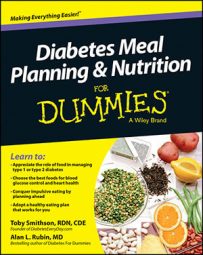Coffee and tea may be best known for delivering the stimulant caffeine, but evidence is mounting to support significant health benefits for both. On the caffeine point, coffee takes the prize, delivering about two to five times as much per cup. That’s good news for sleepy heads, but most of the health benefits of coffee and tea seem unrelated to the caffeine.
And, caffeine is not well tolerated by some people. Coffee, by the way, is more popular than tea in the United States by about 2.5 to 1 in gallons consumed annually, but worldwide, tea is in second place as a beverage, behind only water.
Both coffee and tea appear to reduce the risk of cardiovascular disease, and while the effect is often attributed to the antioxidants contained in both, the actual mechanisms are not clear. Recent research shows a decreased risk for stroke for both coffee and tea drinkers. Coffee drinking has a fairly clear association with reduced risk for dementia and Parkinson’s disease.
And, studies involving hundreds of thousands of subjects show heavy coffee consumption may reduce the risk for diabetes by more than 30 percent. A review of weight loss supplements found that only green tea provided a genuine benefit to weight management.
All in all, the health data on coffee and tea looks solid, and both can be recommended as being consistent with effective diabetes management. Like alcohol, however, the pitfalls can be in added ingredients. Sugar and creamers can add calories, fat, and carbohydrates, and specialty coffee or tea drinks can take a significant bite from your daily calorie and carbohydrate budget.
A large white chocolate mocha frappuccino weighs in at 440 calories, 16 grams total fat, with 69 grams carbohydrate if made with whole milk — a green tea latte is 390 calories, 7 grams fat, and 57 grams carbohydrate.

